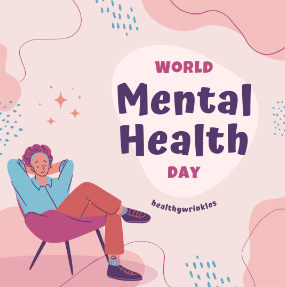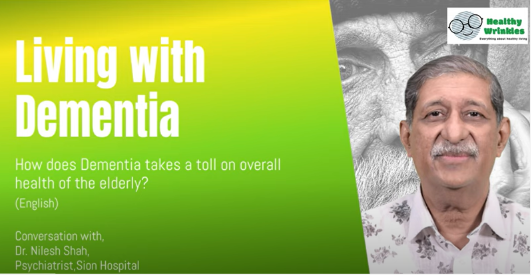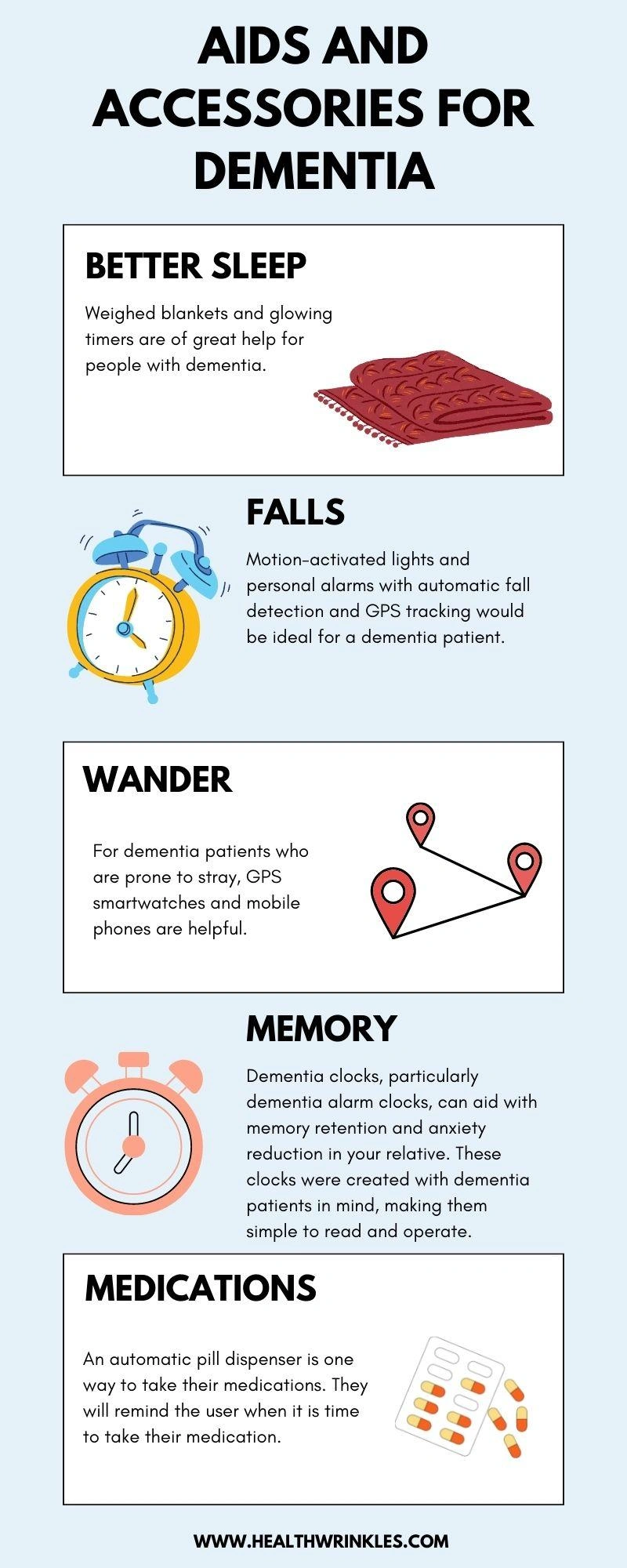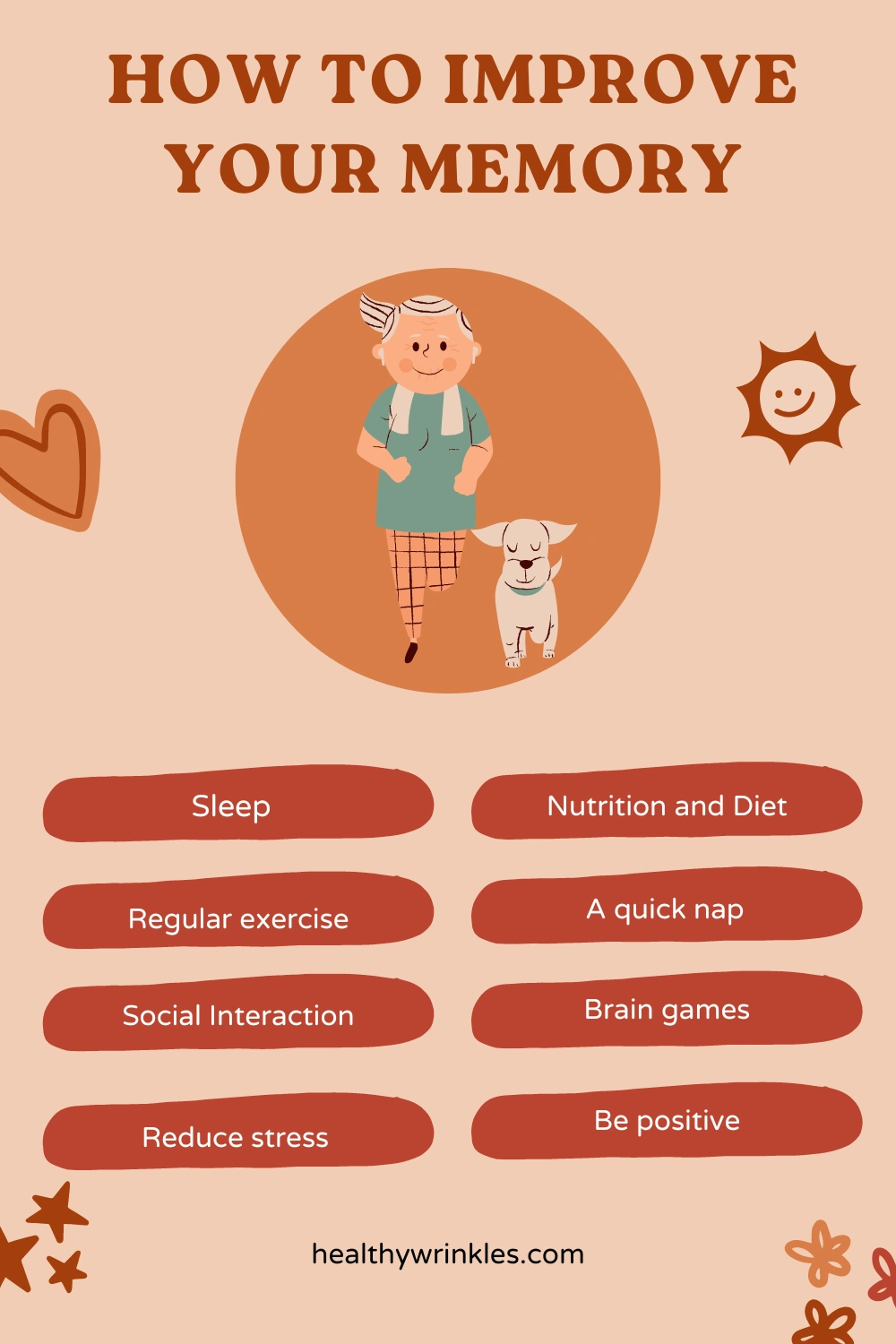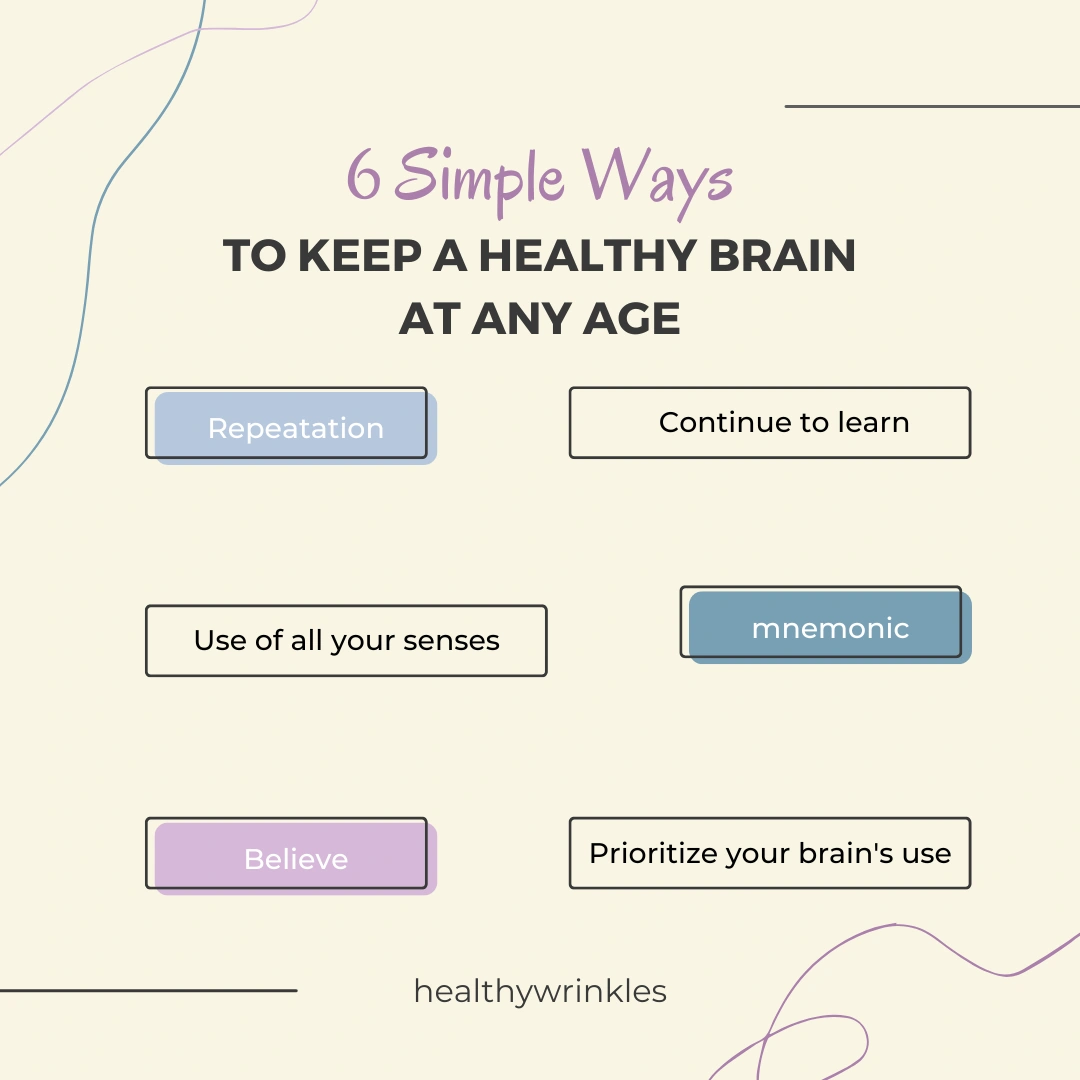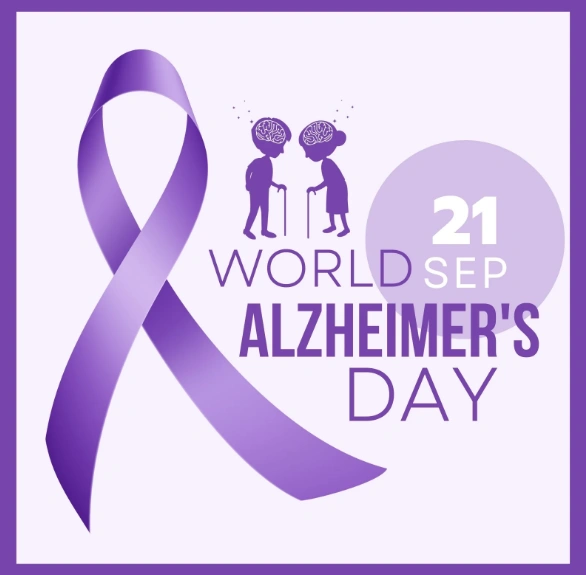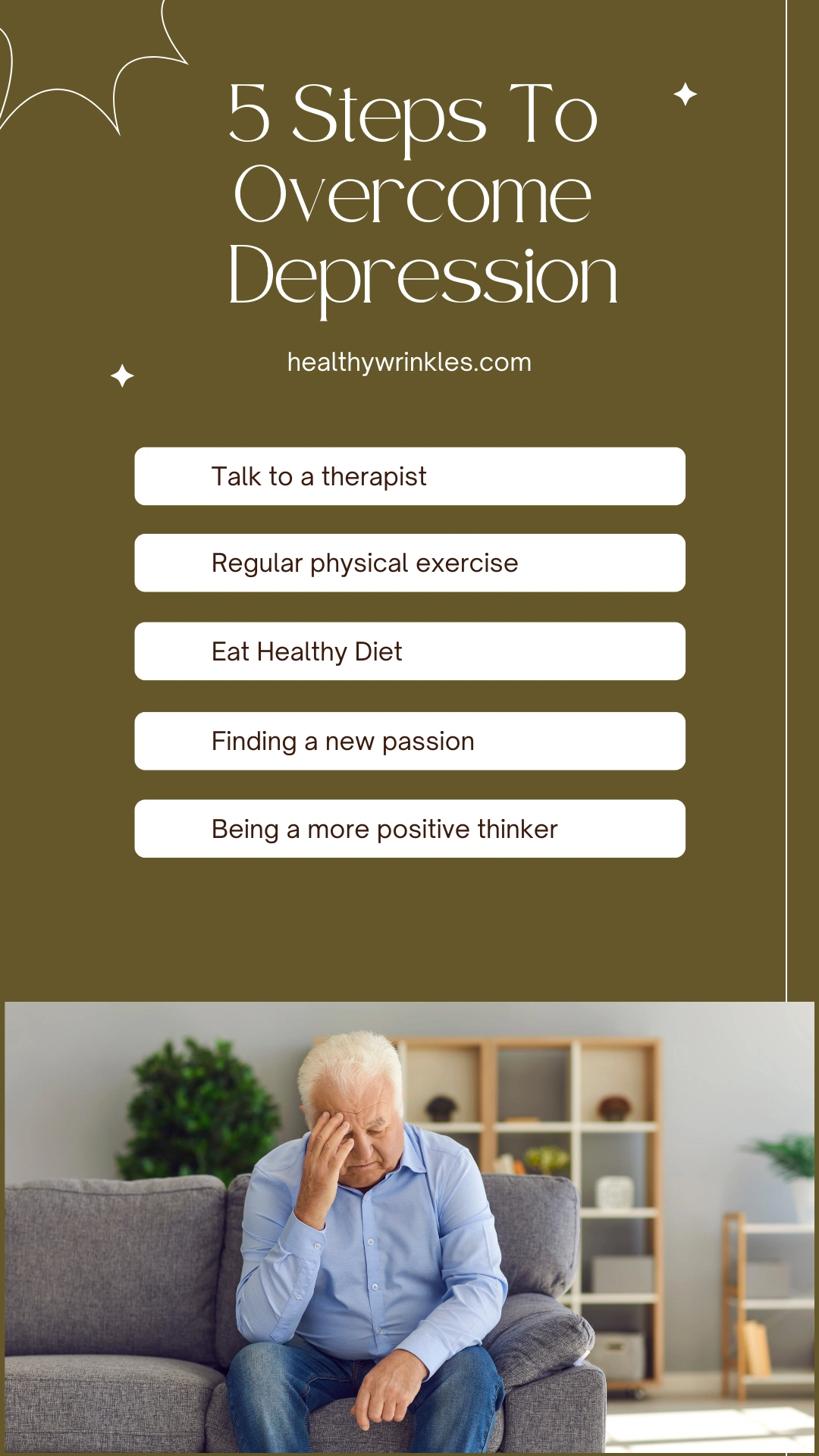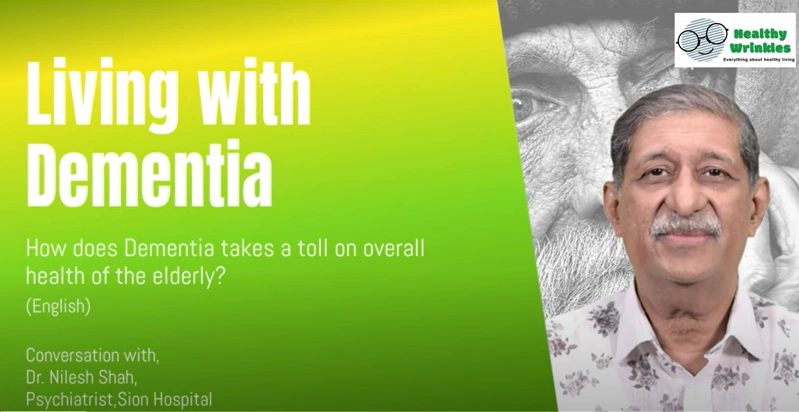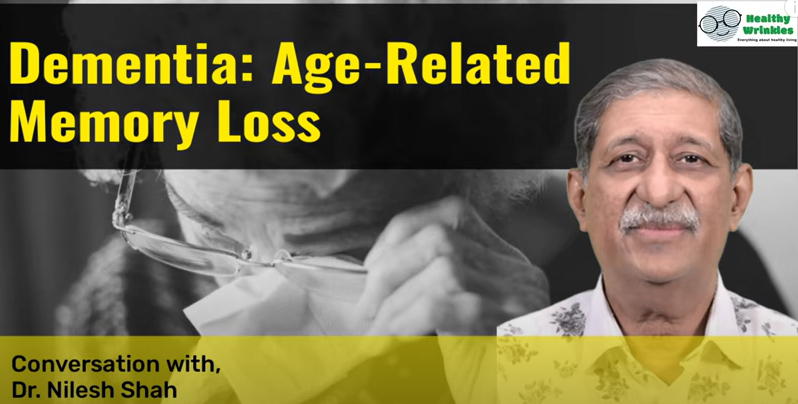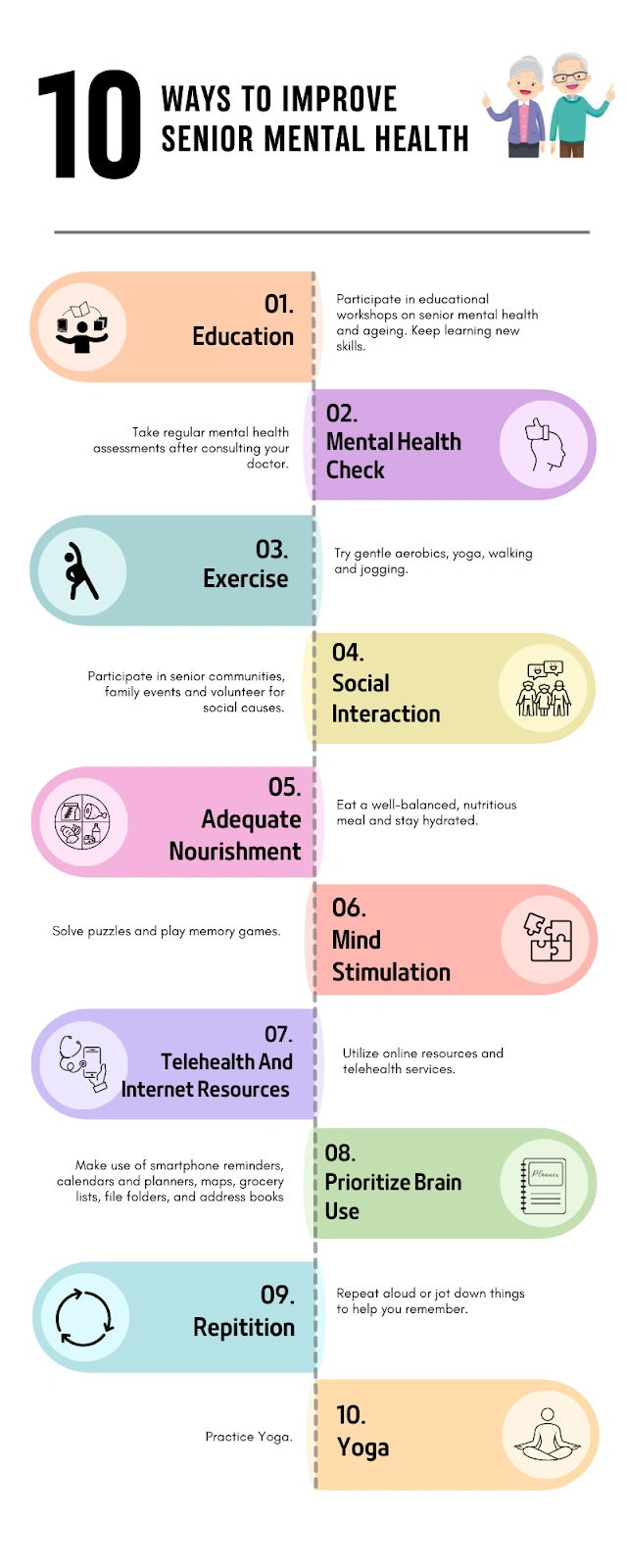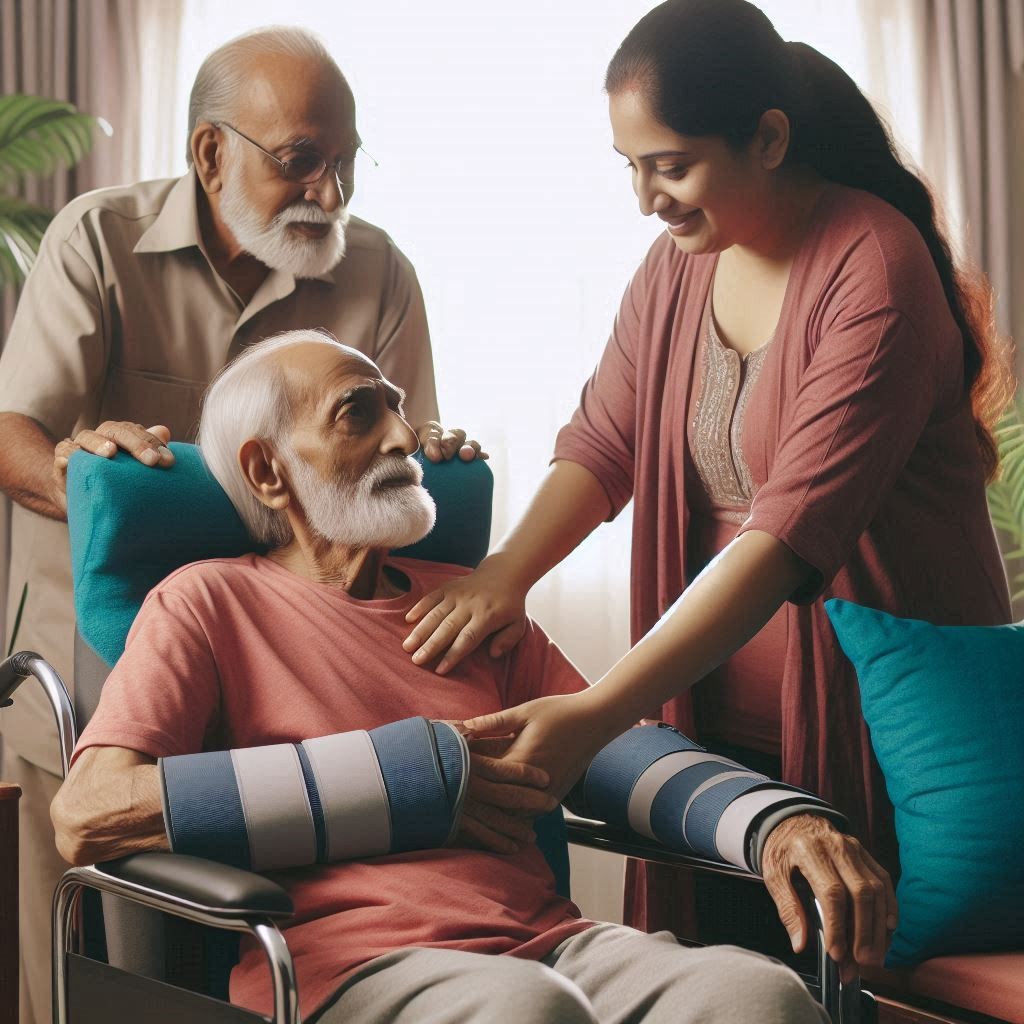Preventing Dementia Starts Today Best Daily Habits and Exercises
Preventing Dementia Starts Today: Best Daily Habits and Exercises – By Dr. Nilesh Shah – HOD Psychiatry Dept. Sion, Mumbai
Maintaining a sharp, resilient mind doesn’t require hours in a lab—small, everyday habits can stimulate new neural connections, boost memory, and even help keep dementia at bay. Drawing on the decades-long clinical experience of Dr. Nilesh Shah sion hospital, Head of Psychiatry at Sion Medical College and consultant at Jaslok Hospital, Mumbai, this guide will help you weave cognitive exercises into daily life. Whether you’re planning proactive dementia care, arranging home care for dementia or home care of Alzheimer’s, or exploring dementia homes as institutional care outside home, these simple tasks deliver big benefits.
Understanding Age-Related Memory Impairment (ARMI)
Normal aging often brings mild memory lapses—misplacing keys, forgetting names, missing appointments—collectively termed Age-Related Memory Impairment (ARMI) . Unlike pathological dementia, ARMI reflects subtle declines in recall and processing speed. The good news? Targeted cognitive exercises can minimize ARMI and bolster everyday functioning.
Why Small, Challenging Tasks Matter
-
Neuroplasticity in action: Novel, demanding activities prompt the brain to forge new synaptic connections.
-
Executive-function boost: Tasks that require planning, sequencing, and problem-solving strengthen frontal-lobe circuits.
-
Early gains: Even 15 minutes of cognitive exercise, three times a week, can yield measurable improvements in as little as 7 days .
1. Simple “Micro-Exercises” for Your Routine
Rather than carving out separate “brain time,” embed challenges into everyday chores:
- Brush with your non-dominant hand: Forces attention, coordination, and new motor planning .
- Change the calendar date by hand: Engages sequencing and planning each day.
- Identify a mystery scent: Take a whiff of a perfume or spice and guess its origin—sharpens olfactory memory.
- Learn one foreign word per week (e.g., “Ni hao” = “Hello”) and use it in conversation .
These micro-tasks take seconds, yet cumulatively reinforce memory retrieval and executive control.
2. Dedicated Cognitive Workouts
Schedule 15-minute sessions, three times per week, for activities proven to reduce dementia risk:
|
Activity |
Benefit |
Risk Reduction |
|---|---|---|
|
Regular dancing |
Motor-cognitive integration |
76 % lower dementia risk |
|
Crossword puzzles (4×/week) |
Verbal recall & problem-solving |
47 % lower dementia risk |
Other options—card games, chess, or innovative indoor basketball—combine mental agility with social engagement, amplifying the effect.
3. Card Games: A Versatile Tool
Playing cards is an accessible, low-cost way to train multiple cognitive domains:
- Sorting, scanning, sequencing
- Memorizing suits & values
- Planning and forecasting probabilities
You can play solo (solitaire variants) or in groups (bridge, rummy), making it ideal for home care for dementia caregivers seeking structured activities .
4. Learn New Skills
Challenging your brain with unfamiliar tasks rapidly builds connections:
- New gadget mastery: Explore a smartphone app (Instagram, puzzles) or learn to operate kitchen appliances.
- Creative crafts: Knit, paint Rangoli, bead necklaces, or practice photography.
- Musical engagement: Sing, learn basic instrument riffs, or try simple percussion rhythms.
- Mental arithmetic: Calculate totals and change while shopping—no calculator allowed!
- Magic tricks: Memorize a card trick to perfect your sleight-of-hand and storytelling.
Each of these requires attention, memory sequencing, and fine motor skills—core domains vulnerable in early dementia.
5. Physical Exercise: Strengthening Body and Brain
Dr. Shah emphasizes that physical and cognitive exercises go hand in hand:
- Brisk walks or light jogging (20–30 minutes, most days): Elevate heart rate, increase cerebral blood flow, and support neurogenesis.
- Balance and coordination: Tai chi, yoga, or heel-to-toe walks challenge proprioception and executive functions.
Consistent, moderate activity sets the stage for new neural growth and better memory consolidation.
6. Social and Emotional “Workouts”
Interaction and emotional engagement fuel cognitive resilience:
- Morning tea with a friend or a video call: Quick check-ins exercise conversational memory, listening, and emotional recognition.
- Group activities: Book clubs, dance classes, or volunteering create structure, purpose, and complex social demands.
- Intergenerational time: Sharing stories with grandchildren or mentoring young adults combines memory recall with emotional rapport.
- Emotional games: Moral-dilemma card games (e.g., Scruples) prompt decision-making and perspective-taking .
Maintaining a robust social life is a cornerstone of dementia care, whether at home or in a dementia home as institutional care outside home.
7. Stress Reduction and Sleep Hygiene
Chronic stress and poor sleep impair hippocampal function—key to memory:
- De-stressing rituals: Laughter, guided imagery, meditation, yoga, reading, or listening to music all lower cortisol.
- Healthy sleep routine: Go to bed and wake up at the same time daily; avoid screens one hour before lights-out.
- Power naps: A 20-minute nap rejuvenates alertness without disrupting nighttime rest.
By protecting stress-sensitive brain regions, you preserve the gains from your cognitive workouts.
8. Nutritional Support
Your diet underpins every brain process:
- Mediterranean-style meals rich in leafy greens, berries, nuts, whole grains, and fatty fish (omega-3s).
- Hydration: Even mild dehydration affects short-term recall—aim for 6–8 glasses of water daily.
- Minimize refined sugars and ultra-processed foods, which can exacerbate inflammation and cognitive decline.
Combining nutrition with mental and physical routines offers comprehensive neuroprotection.
Putting It All Together
Dr. Shah’s three decades of psychiatric practice affirm that small, consistent actions compound into meaningful cognitive reserve. Start by choosing one new habit—perhaps a weekly crossword session, brushing your teeth with the opposite hand, or dancing for 15 minutes thrice weekly. Gradually layer in additional exercises, social engagements, and stress-management techniques.
For those caring for loved ones:
- Explore home care of Alzheimer’s services to integrate tailored cognitive tasks into daily life.
- If higher-level support is needed, evaluate dementia homes as institutional care outside home, ensuring structured routines and clinical oversight.
By weaving these tasks into your routine, you’re not merely passing time—you’re actively forging new neural pathways, sharpening memory, and laying the foundation for resilient aging and compassionate dementia care.
Healthy Wrinkles is devoted to better healthcare of senior citizens. We hope that Healthy Wrinkles YouTube channel, blogs and healthcare service databases will help senior citizens and also their family members to ensure better health. Knowledge, discussions and demonstrations over here are for the purpose of information only and shall NOT be construed as medical advice. You should contact your health care professional with respect to any specific problem or issue.
#Senior #Geriatric #Healthcare #Elderly #Caregivers #Elderlycare #Elderly #Geriatriccare #Geriatricservices #healthyaging #geriatricians #Geriatriccounseling #healthwrinkles#Physiotherapy#dementia
